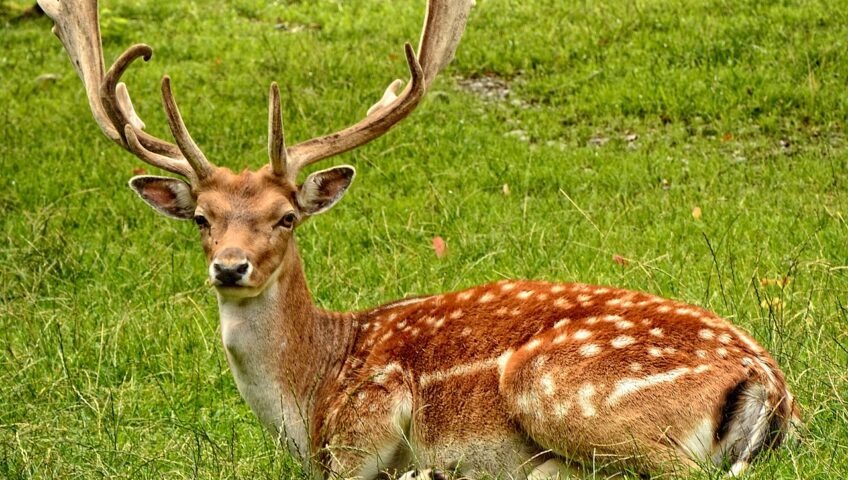
Deer Repellent Plants
 If you live in Victoria, British Columbia, you may have noticed the abundance of deer in the area. While they can be beautiful to observe, they can also cause damage to your landscaping. Fortunately, there are many natural plants that can help repel deer from your garden. In this blog post, we will explore some of the best deer repellent plants for natural landscaping in Victoria, BC.
If you live in Victoria, British Columbia, you may have noticed the abundance of deer in the area. While they can be beautiful to observe, they can also cause damage to your landscaping. Fortunately, there are many natural plants that can help repel deer from your garden. In this blog post, we will explore some of the best deer repellent plants for natural landscaping in Victoria, BC.
- Lavender
Lavender is not only a beautiful plant with a lovely scent, but it is also a natural deer repellent. Deer dislike the smell of lavender and will avoid it. Lavender is easy to grow and thrives in the Victoria climate. It also attracts pollinators like bees and butterflies, making it an excellent addition to any garden.
- Rosemary
Rosemary is another fragrant herb that deer find unappealing. It is a hardy plant that is easy to grow in the Victoria area. Rosemary can be used as a culinary herb, making it a great addition to an herb garden. It is also drought-tolerant, making it an excellent choice for dry, sunny areas.
- Salvia
Salvia, also known as sage, is a hardy perennial that deer tend to avoid. It has a strong scent that can be overpowering for deer, making it an excellent natural repellent. Salvia comes in a variety of colors and sizes, making it easy to incorporate into any garden design.
- Daffodils
Daffodils are not only beautiful, but they are also a natural deer repellent. Deer dislike the smell of daffodils and will avoid them. Daffodils are easy to grow and come in a variety of colors and sizes, making them an excellent addition to any garden.
- Alliums
Alliums are a member of the onion family and have a strong scent that deer dislike. They are easy to grow and come in a variety of colors and sizes. Alliums are also a great way to add height and interest to your garden.
- Yarrow
Yarrow is a hardy perennial that is easy to grow in the Victoria area. It has a strong scent that deer dislike, making it an excellent natural repellent. Yarrow comes in a variety of colors and can be used in borders, rock gardens, and wildflower gardens.
- Marigolds
Marigolds are a popular annual flower that is easy to grow and repels deer. They have a strong scent that deer dislike and can be used in borders or as a container plant. Marigolds come in a variety of colors and sizes, making them an excellent addition to any garden.
In conclusion, natural landscaping in Victoria, BC, can be beautiful and deer-resistant with the help of these natural repellent plants. Incorporating plants like lavender, rosemary, salvia, daffodils, alliums, yarrow, and marigolds into your garden can help keep deer away while adding color and interest to your landscape. Happy gardening!
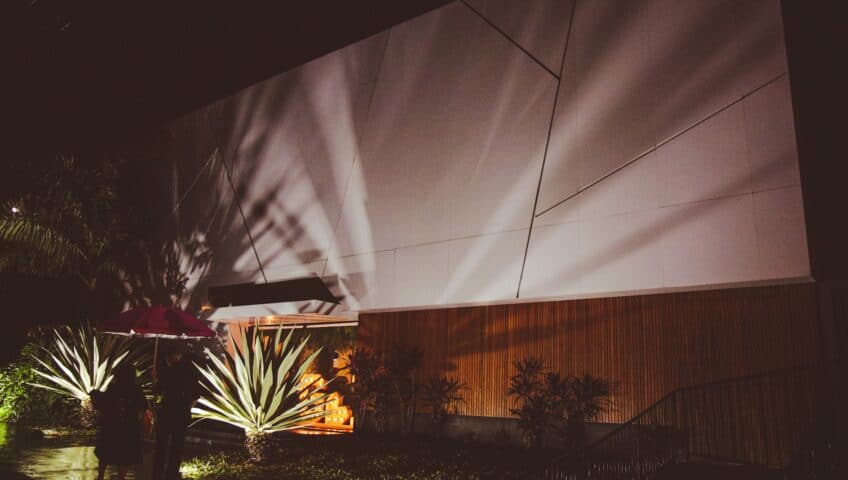
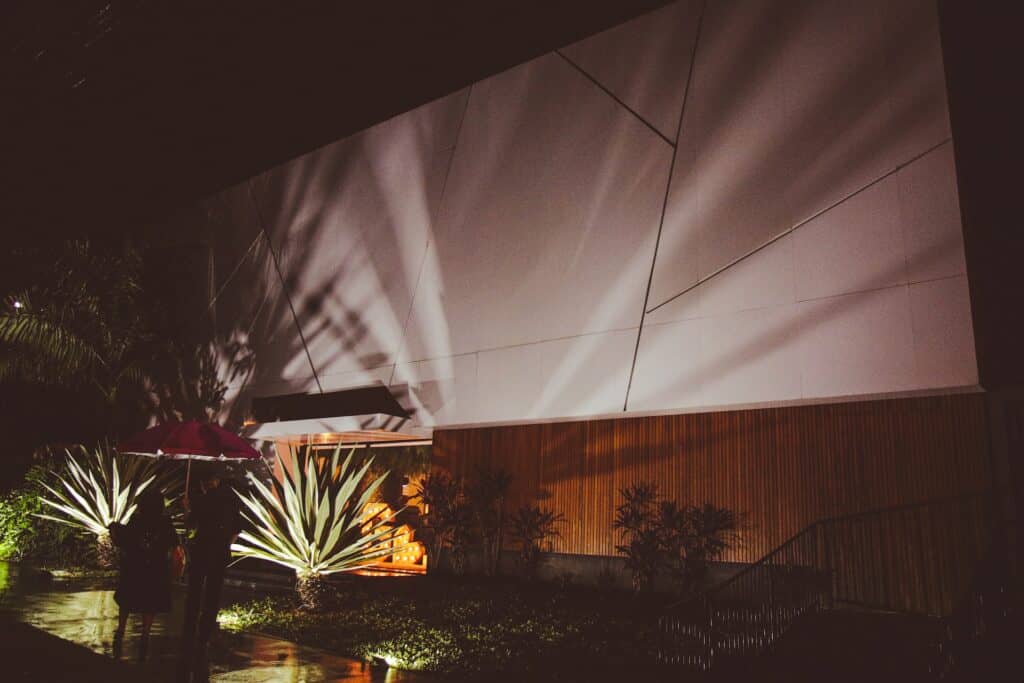 Your outdoor space is an extension of your home, and with the right lighting, you can create a warm and inviting atmosphere that can be enjoyed day and night. At All-Natural Landscaping in Victoria, BC, we offer a range of landscape lighting options to enhance the beauty and functionality of your outdoor space.
Your outdoor space is an extension of your home, and with the right lighting, you can create a warm and inviting atmosphere that can be enjoyed day and night. At All-Natural Landscaping in Victoria, BC, we offer a range of landscape lighting options to enhance the beauty and functionality of your outdoor space.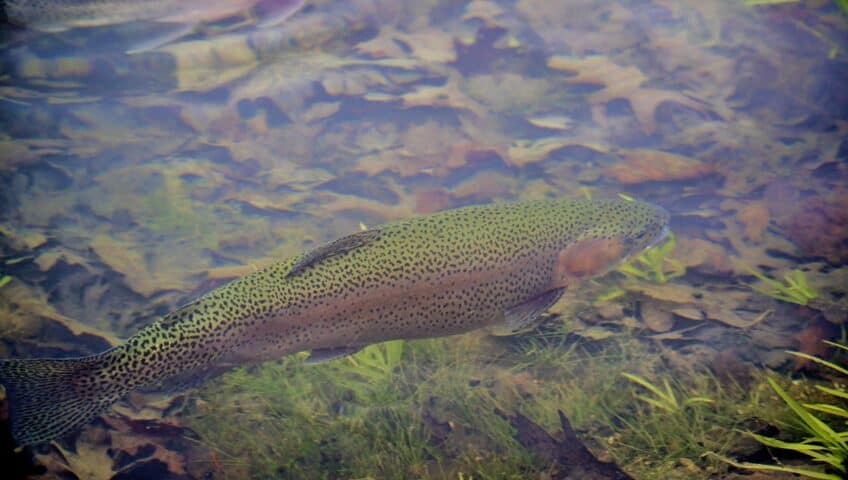
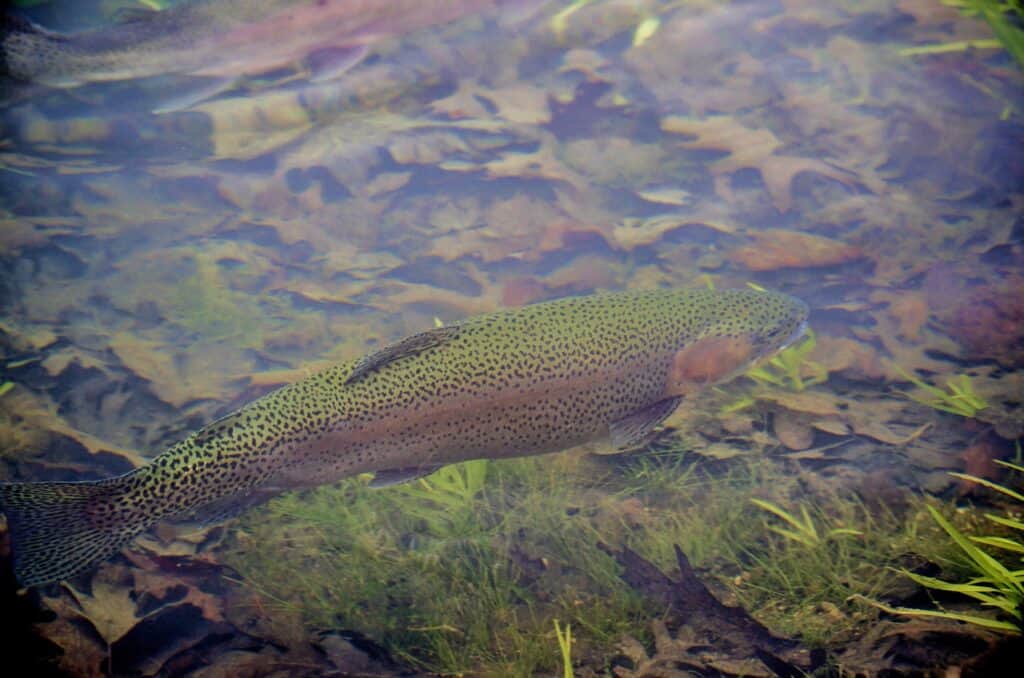 Salmon are an important part of the ecosystem in British Columbia and have been a cultural and economic cornerstone for generations. However, salmon populations have declined significantly in recent years due to factors such as habitat degradation and loss. That’s why the team at All-Natural Landscaping in Victoria, BC is dedicated to salmon stream restoration, a critical component of ecosystem conservation and restoration.
Salmon are an important part of the ecosystem in British Columbia and have been a cultural and economic cornerstone for generations. However, salmon populations have declined significantly in recent years due to factors such as habitat degradation and loss. That’s why the team at All-Natural Landscaping in Victoria, BC is dedicated to salmon stream restoration, a critical component of ecosystem conservation and restoration.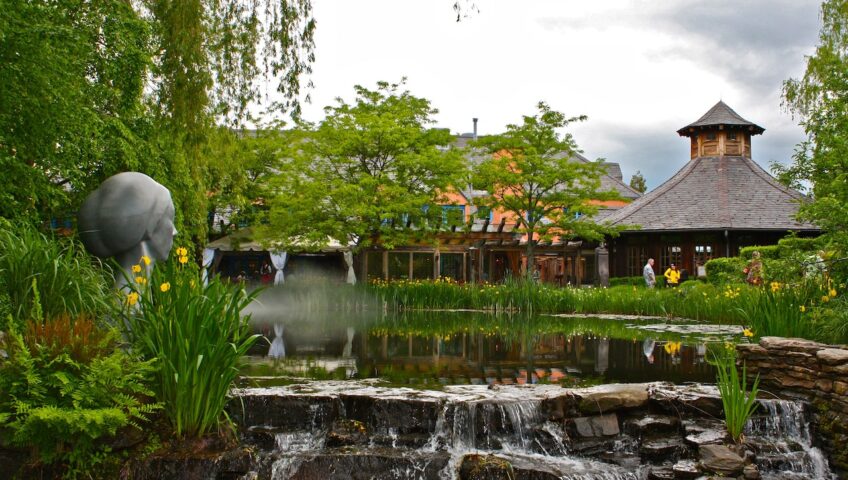
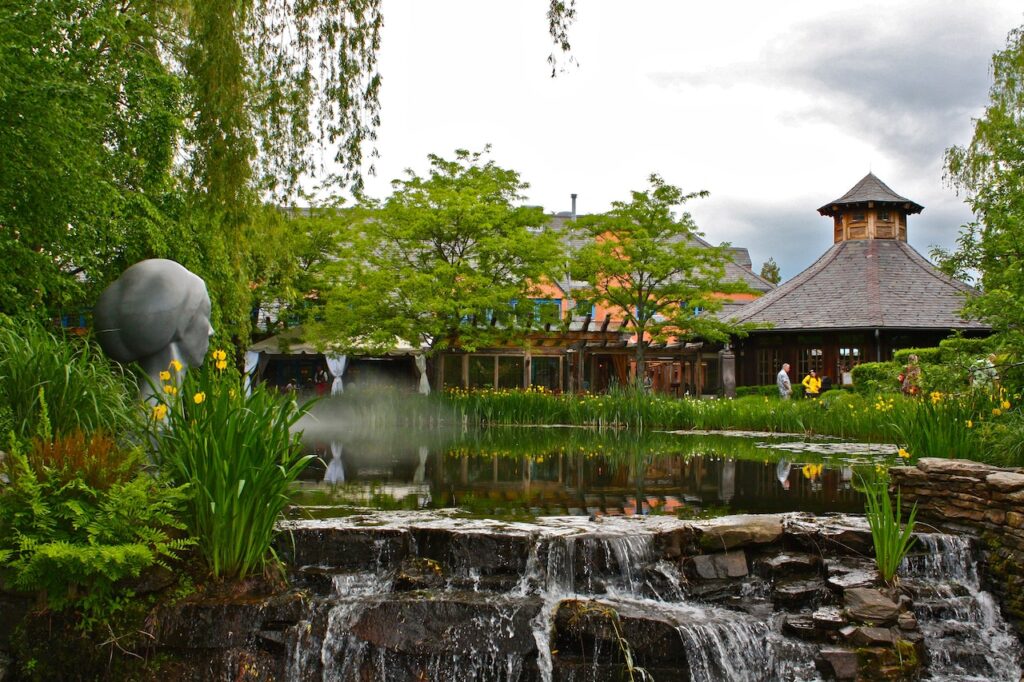 In recent years, many homeowners and businesses have become increasingly interested in adopting more sustainable and eco-friendly landscaping practices. One of the most effective ways to achieve this is through the use of micro irrigation systems. All-Natural Landscaping in Victoria, BC is dedicated to helping clients implement sustainable practices, and micro irrigation is just one of the many tools they use to help create beautiful, low-impact outdoor spaces.
In recent years, many homeowners and businesses have become increasingly interested in adopting more sustainable and eco-friendly landscaping practices. One of the most effective ways to achieve this is through the use of micro irrigation systems. All-Natural Landscaping in Victoria, BC is dedicated to helping clients implement sustainable practices, and micro irrigation is just one of the many tools they use to help create beautiful, low-impact outdoor spaces.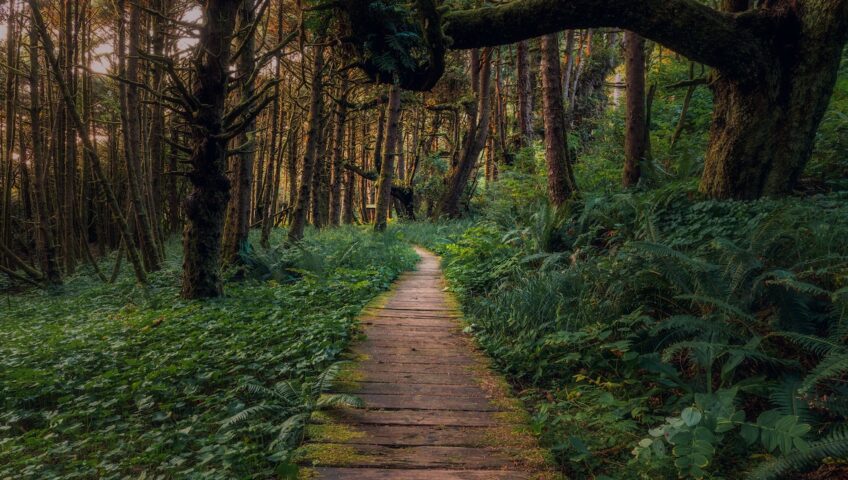
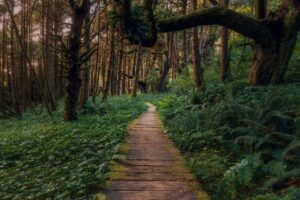 If you’re looking for a beautiful and sustainable way to manage stormwater runoff on your property, consider a rain garden. Rain gardens are shallow depressions planted with native plants that absorb rainwater from roofs, driveways, and other hard surfaces, allowing the water to infiltrate the soil and recharge the groundwater.
If you’re looking for a beautiful and sustainable way to manage stormwater runoff on your property, consider a rain garden. Rain gardens are shallow depressions planted with native plants that absorb rainwater from roofs, driveways, and other hard surfaces, allowing the water to infiltrate the soil and recharge the groundwater.